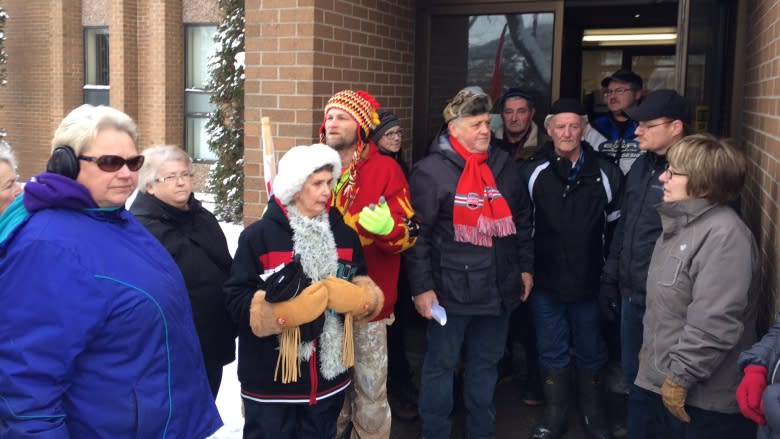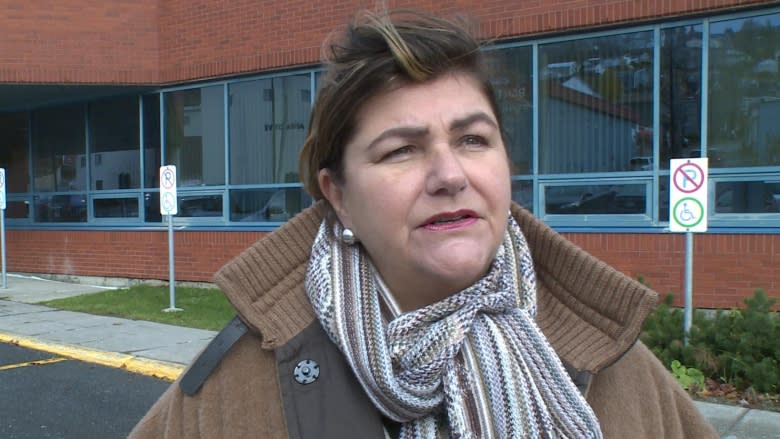'Ironic' the documents to find biological parents now helping prove Qalipu status
One of the 100,000 or so people waiting for a decision about whether they are members of the Qalipu First Nation says government documents that helped him find his biological family are now helping prove his biological heritage.
Tim Sheppard, who now lives in Halifax, was adopted, and sought out his birth family when he was 19 and legally able to access adoption records.
The information helped him and his biological family find out they had Mi'kmaq heritage.
Those same documents were used in Sheppard's application for membership in the Qalipu landless band, but he said he's been asked to submit further documentation.
"It's kind of ironic. You take the evidence that the government's provided to you and then you use that to submit a form and then they come back and say 'no you're not eligible' when the evidence that's submitted proves blood lineage," he said.
"So I don't understand how there's one and not the other. Leaves you kind of scratching your head."
Sheppard and his blood relatives started digging into their heritage a few years after first being in touch, when they uncovered Indigenous roots.
Applicants should be hearing back about their status some time in early February, but Sheppard said whatever happens, he doesn't plan to let that get in the way of him exploring his heritage.
"You are who you are, that will never change. I feel that some of the government's perspective is monetary value … you have one side that's looking at money and you've got the other side looking at, this is who we are. You can't change that," he told CBC's Central Morning Show.
"At the end of the day a piece of paper is a piece of paper. It's sad but it's recognition of who you are. Just because I move away doesn't mean I'm not part of the family anymore."
Appeal process help coming
Meanwhile, Long Range Mountains MP Gudie Hutchings met with a number of protesters in Corner Brook this week to talk about the application process.
Hutchings said while results are expected in February, that won't be the end of the enrolment process.
While it's "such a complicated process," Hutchings said there's still plenty of room for discussion.
There will be a call centre set up by the Department of Northern and Indigenous Affairs to answer questions about how to file an appeal. She added there will also be on-the-ground help in western Newfoundland.
"I'm also hiring an additional staff person in my office here in the Corner Brook office who is dedicated to doing everything we can to help constituents if they have any questions about the letters they receive or help them with the appeal process," she told the Corner Brook Morning Show.
That person will start at the end of January, and work until March 17 — the deadline to file an appeal.
"We want to make sure each and everyone who applied and needs assistance gets supports that they need, and we will do that."




